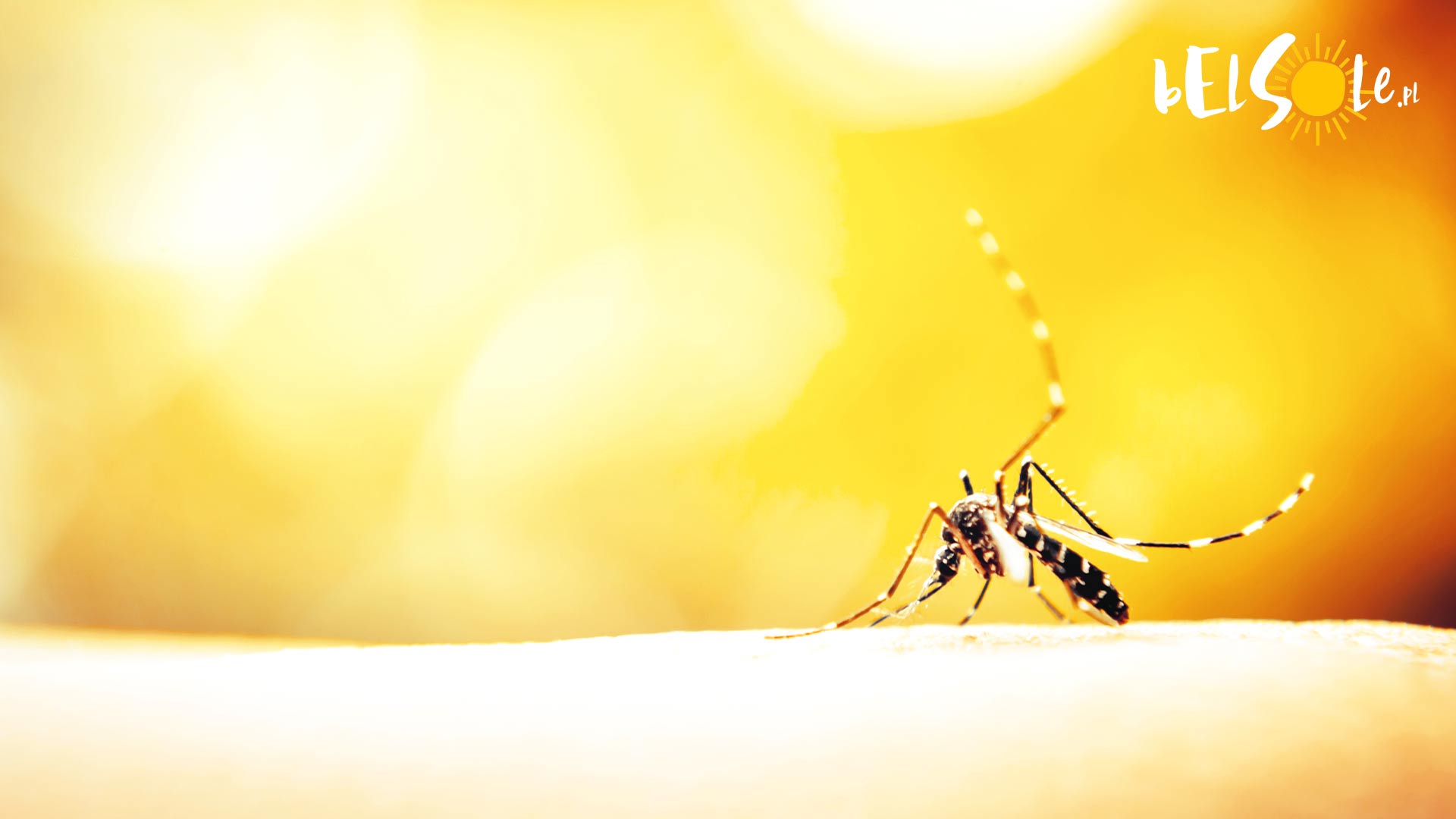You arrive in the paradisiacal Crete in the evening – you get your room and a moment of stillness comes. And you hear it. The buzz. Mosquitoes are everywhere and can literally spoil a relaxing holiday at times. Will you have to deal with them on Crete too? Let’s take a look.
Are there mosquitoes on Crete?
Yes, just like in the rest of the world, they come and go in waves. We can, however, determine when mosquitoes are most likely to appear on Crete. The best conditions are heavy rains, storms and warm but not dry air. Such weather can be found on Crete after the tourist season, so from October to March. June, July and August are insanely dry, and dry heat is a mosquito killer. Crete’s also witness to very strong Meltemi winds sometimes and this interferes with mosquitoes’ basic motor functions.
Though dry months tend to have very few mosquitoes, hotels may water their lawns heavily enough for water residue may stay in little cracks and holes – this will become a new home for mosquitoes and you may encounter them even in the dry summer.
How to protect yourself?
Several solutions. If you want to protect yourself in your hotel room, you can get a special mosquito repellent device. You just plug one in, it distributes insect-repelling vapours and that’s that. You can even buy anti-mosquito incense sticks or coil disks. Alternatively, mosquitoes don’t do very well against fans and air-conditioning, so you can rely on that for some time.
Once you leave your room, though, you’re going to need some protection too. Usually, we rely on products which utilise DEET, picaridin or IR3535. DEET is the most effective of the three, though it’s not as safe as the rest. It should not be used on very young children or on damaged skin/face. In some studies, picaridin is actually noted to be just as effective as DEET while being generally considered safer, with little to no adverse effects unless ingested or rubbed in the eye. IR3535 is also very safe, the safest of the three, though it’s not as effective against all types of mosquitoes as DEET and picaridin. It’s also biodegradable.
If you prefer to rely on natural products, there are a couple of essential oils you can use. Healthline proposes lemon eucalyptus oil, lavender, cinnamon oil, thyme oil and greek catmint among others. Traditionally, we also tend to use tea tree, peppermint and cloves.
Alternatively, you can always rely on your little lizard friends to devour all mosquitoes on site if you have one. Similarly, don’t freak out if you see a spider in a mosquito-endangered hotel room – be thankful, for they’re on guard duty too.
See also:






